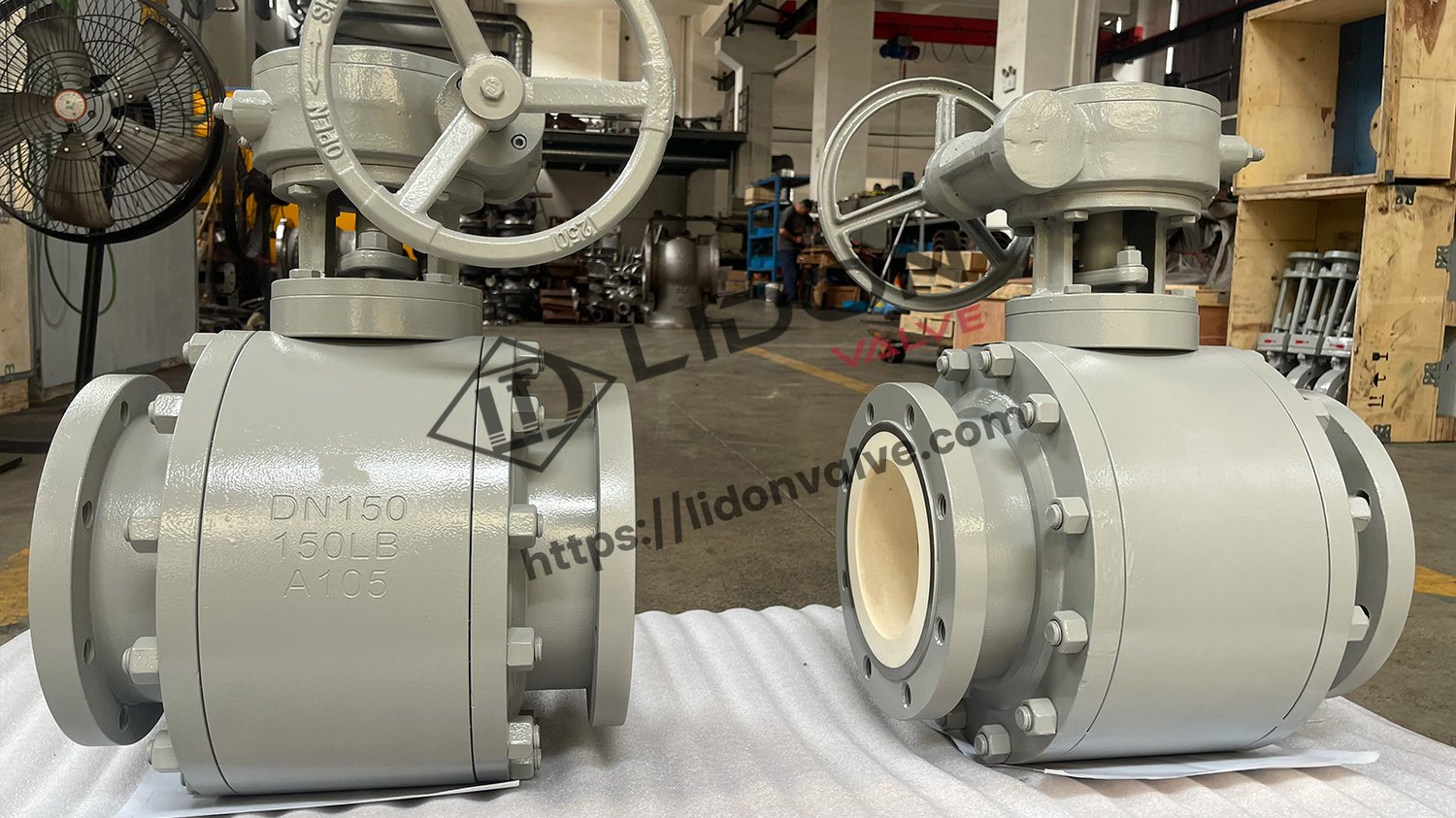What is ceramic valve used for? Exploring the Versatility of Ceramic Valves
Ceramic valves have gained significant popularity in various industries due to their exceptional properties and versatility. In this article, we will delve into the world of ceramic valves, exploring their uses and the benefits they offer. From industrial applications to household appliances, ceramic valves have proven to be reliable and efficient. Let's take a closer look at the different prospects of ceramic valves and understand how they are utilized in various domains.
1. Enhancing Efficiency in Industrial Processes of Ceramic Valve
One of the primary uses of ceramic valves is in industrial applications. These valves are designed to withstand high temperatures, corrosive chemicals, and abrasive materials, making them ideal for demanding processes such as petrochemical refining, power generation, and chemical manufacturing. Ceramic valves offer excellent resistance to wear and erosion, ensuring long-lasting performance and reducing maintenance costs.
2. Reliable Flow Control in the Oil and Gas Industry of Ceramic Valve
The oil and gas industry heavily relies on ceramic valves to control the flow of various fluids, including crude oil, natural gas, and refined products. Ceramic valves provide exceptional resistance to harsh conditions, such as high pressure and extreme temperatures, ensuring reliable operation in critical applications like pipeline transportation, offshore drilling, and refining processes.
3. Precision and Durability in Aerospace Engineering
Aerospace engineers trust ceramic valves for their precision and durability. These valves play a vital role in controlling the flow of fuel, hydraulic fluids, and gases in aircraft engines and systems. Ceramic valves offer high-temperature resistance, low thermal expansion, and exceptional wear resistance, making them essential components for safe and efficient air travel.
4. Versatile Applications of Ceramic Valve in Water Treatment
Ceramic valves find extensive use in water treatment facilities, where they are employed in processes like filtration, disinfection, and desalination. These valves are resistant to chemical corrosion and provide excellent sealing capabilities, ensuring efficient and reliable water treatment. Ceramic valves also help in reducing maintenance requirements and prolonging the lifespan of water treatment systems.
5. Precise Control of Medical Equipment of Ceramic Valve
The medical industry relies on ceramic valves for precise control of fluids and gases in various equipment and devices. From anesthesia machines to laboratory instruments, ceramic valves offer exceptional chemical compatibility, biocompatibility, and reliability. These valves contribute to the accuracy and safety of medical procedures, ensuring optimal patient care.
6. High-Performance Applications in Automotive Industry
Automotive manufacturers utilize ceramic valves in high-performance engines to improve efficiency and reduce emissions. Ceramic valves can withstand the extreme conditions inside engine cylinders, providing excellent thermal resistance and reducing heat loss. By optimizing the combustion process, ceramic valves help enhance fuel economy and reduce environmental impact.
7. Efficient Flow Regulation in HVAC Systems of Ceramic Valve
Ceramic valves are increasingly being used in heating, ventilation, and air conditioning (HVAC) systems to regulate the flow of fluids and gases. These valves offer superior resistance to corrosion, erosion, and scaling, ensuring efficient and reliable operation even in demanding HVAC applications. Ceramic valves contribute to energy savings and improved performance in residential, commercial, and industrial HVAC systems.
8. Reliable Performance in Power Plants of Ceramic Valve
Power plants rely on ceramic valves for their reliable performance in critical applications. Whether in nuclear, coal-fired, or gas-fired power plants, ceramic valves ensure the efficient flow control of steam, water, and other fluids. These valves can withstand high temperatures and pressures, ensuring safe and continuous power generation.
9. Dependable Functionality in Household Appliances
Ceramic valves are also used in various household appliances, such as faucets, showers, and washing machines. These valves provide excellent durability, leak resistance, and precise control of water flow. By using ceramic valves, manufacturers can offer reliable and long-lasting appliances that enhance user experience and reduce maintenance requirements.
10. Innovation of Ceramic Valve in Renewable Energy Systems
Ceramic valves play a significant role in renewable energy systems, such as solar power plants and wind turbines. These valves contribute to the efficient and reliable operation of heat transfer fluids, coolant systems, and hydraulic control mechanisms. Ceramic valves' resistance to high temperatures and harsh environments makes them valuable components in sustainable energy generation.

